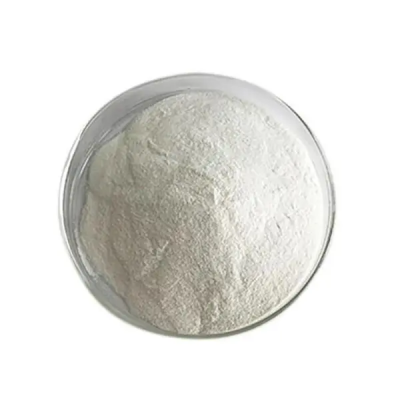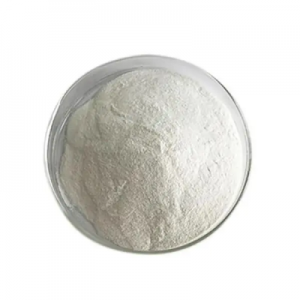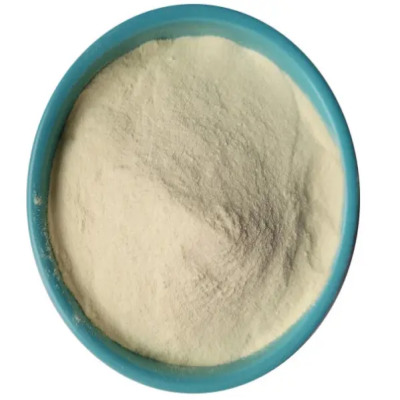Vitamin B1 CAS:59-43-8
Vitamin B1, or thiamine, is essential for the proper functioning of the body, as it plays a key role in energy metabolism. It is involved in the conversion of carbohydrates into energy, which is crucial for the normal functioning of the heart, muscles, and nervous system. Thiamine also supports the proper functioning of the nervous system by aiding in the synthesis of neurotransmitters and myelin, the protective covering of nerves. In addition to its role in energy production, thiamine is important for the metabolism of fats and proteins. It also plays a role in maintaining the health of the cardiovascular system and is involved in the production of hydrochloric acid in the stomach, which is necessary for the digestion of food and absorption of nutrients. Furthermore, thiamine is essential for the proper growth and development of children, as well as for overall muscle tone and coordination. It also supports cognitive function and helps to maintain a healthy appetite. Deficiency of vitamin B1 can lead to a condition known as beriberi, which is characterized by symptoms such as weakness, fatigue, nerve damage, and heart problems. Alcoholics and individuals with conditions that affect nutrient absorption, such as Crohn's disease, are at a higher risk of thiamine deficiency. In summary, vitamin B1, or thiamine, is essential for energy metabolism, nervous system function, cardiovascular health, and overall growth and development. It is important to consume adequate amounts of thiamine through a balanced diet to support these vital bodily functions.






| Composition | C12H17ClN4OS |
| Assay | 99% |
| Appearance | white powder |
| CAS No. | 59-43-8 |
| Packing | 25KG |
| Shelf Life | 2 years |
| Storage | Store in cool and dry area |
| Certification | ISO. |









